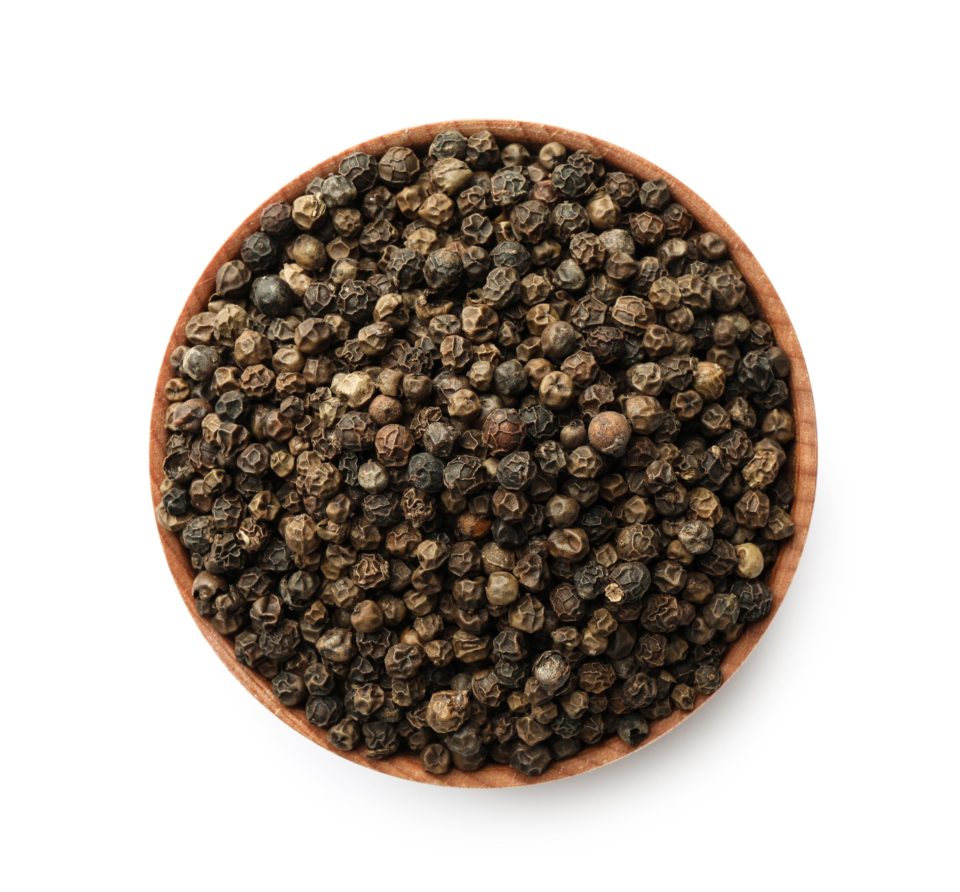Pepper, in its various forms, has been a staple spice in many cuisines around the world for centuries. It is a versatile spice that can enhance the flavor of a wide variety of dishes, from soups and stews to meats and vegetables. Pepper can have a significant impact on the taste of food, influencing the overall flavor profile, aroma, and even the mouthfeel. Today we will explore how pepper affects food taste and why it is such an essential ingredient in many dishes.
Pepper is a flavor enhancer that can bring out the natural flavors of other ingredients in a dish. It contains a compound called piperine, which stimulates the taste buds and enhances the perception of other flavors. This is why it is often used in savory dishes such as soups, stews, and sauces, where it can bring out the natural flavors of meats, vegetables, and other ingredients.
The pungency of pepper is also a significant factor in how it affects the taste of food. Pepper can add a pleasant spiciness to a dish, which can balance out other flavors and add complexity to the overall taste. It can also provide a warming sensation that can enhance the mouthfeel of a dish, making it more satisfying to eat.
The aroma of pepper is another essential factor in how it affects the taste of food. The aroma of pepper comes from the volatile oils it contains, which are released when it is ground or crushed. These oils can add a subtle, yet distinct flavor to a dish, which can make it more interesting and satisfying to eat. The aroma of pepper can also stimulate the appetite and enhance the overall eating experience.
Pepper can also be used to add texture to a dish. Whole peppercorns can provide a crunchy, chewy texture that can complement the flavors of other ingredients. When ground or crushed, pepper can create a smooth, creamy texture that can add richness to a dish.
Different types of pepper can have varying effects on the taste of food. Black pepper, the most common variety, has a pungent, slightly spicy flavor and aroma that can enhance the taste of many dishes. White pepper, which is made from the same plant as black pepper, but with the outer layer removed, has a milder, slightly earthy flavor that can be used to add subtle flavor and aroma to delicate dishes. Green pepper, which is made from unripe peppercorns, has a fresher, slightly tangy flavor and aroma that can add brightness to a dish.
Pepper can also be combined with other spices to create complex flavor profiles. It is often used in combination with other spices such as cumin, coriander, and turmeric in Indian and Middle Eastern cuisines to create rich, aromatic flavors. In Chinese cuisine, it is often combined with other spices such as Sichuan peppercorns and ginger to create bold, spicy flavors. In European cuisine, it is often combined with other herbs such as rosemary and thyme to create savory, aromatic flavors.
Pepper is an essential ingredient in many cuisines around the world. It can have a significant impact on the taste of food, influencing the overall flavor profile, aroma, and even the mouthfeel. Pepper is a flavor enhancer that can bring out the natural flavors of other ingredients in a dish. It can add a pleasant spiciness to a dish, which can balance out other flavors and add complexity to the overall taste. The aroma of pepper can stimulate the appetite and enhance the overall eating experience. Pepper can also add texture to a dish, providing a crunchy, chewy, or creamy mouthfeel. Different types of pepper can have varying effects on the taste of food, allowing for a wide variety of flavor profiles to be created.
